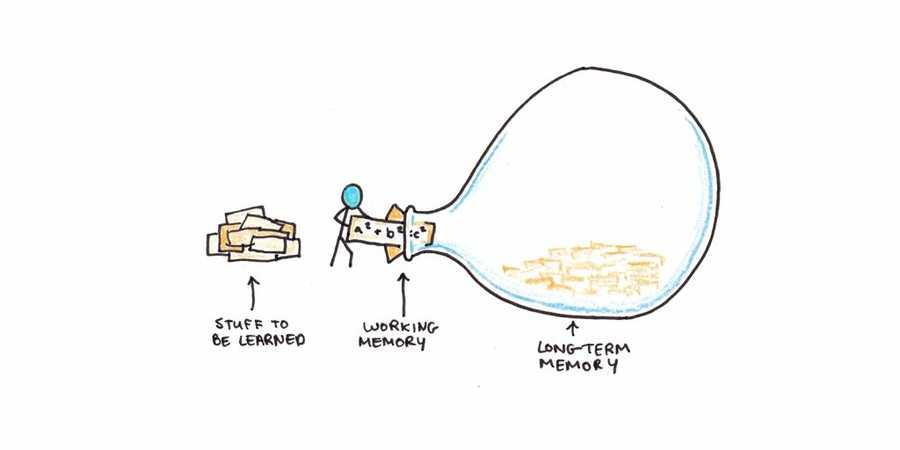Cognitive Load Theory
Cognitive load theory, developed in the 1980s by psychologist John Sweller , has become a dominant paradigm for the design of teaching materials.
178
1.94K reads
The idea is part of this collection:
Learn more about personaldevelopment with this collection
How to set achievable goals
How to prioritize self-care
How to create healthy habits
Related collections
Similar ideas to Cognitive Load Theory
Social Cognitive Theory
It is a learning theory developed by Stanford psychologist Albert Bandura in the 60s/70s and provides an understanding of how people get influenced and in turn influence their environment.
It delves into self-learning through observation and modelling, of desirable or ...
Cognitive load: Understanding learning difficulties
Cognitive load is the effort used by the working memory to process information. The working memory capacity is limited: If it is overloaded with information, you will fail to understand.
There are three types of cognitive load:
- Intrinsic load....
Paradigm Theory
A Paradigm theory is a general theory that provides a broad theoretical framework or "conceptual scheme." It offers underlying assumptions, key concepts, and methodology to scientists working in a particular field. It gives their research its general direction and goals.
Examples of pa...
Read & Learn
20x Faster
without
deepstash
with
deepstash
with
deepstash
Personalized microlearning
—
100+ Learning Journeys
—
Access to 200,000+ ideas
—
Access to the mobile app
—
Unlimited idea saving
—
—
Unlimited history
—
—
Unlimited listening to ideas
—
—
Downloading & offline access
—
—
Supercharge your mind with one idea per day
Enter your email and spend 1 minute every day to learn something new.
I agree to receive email updates


